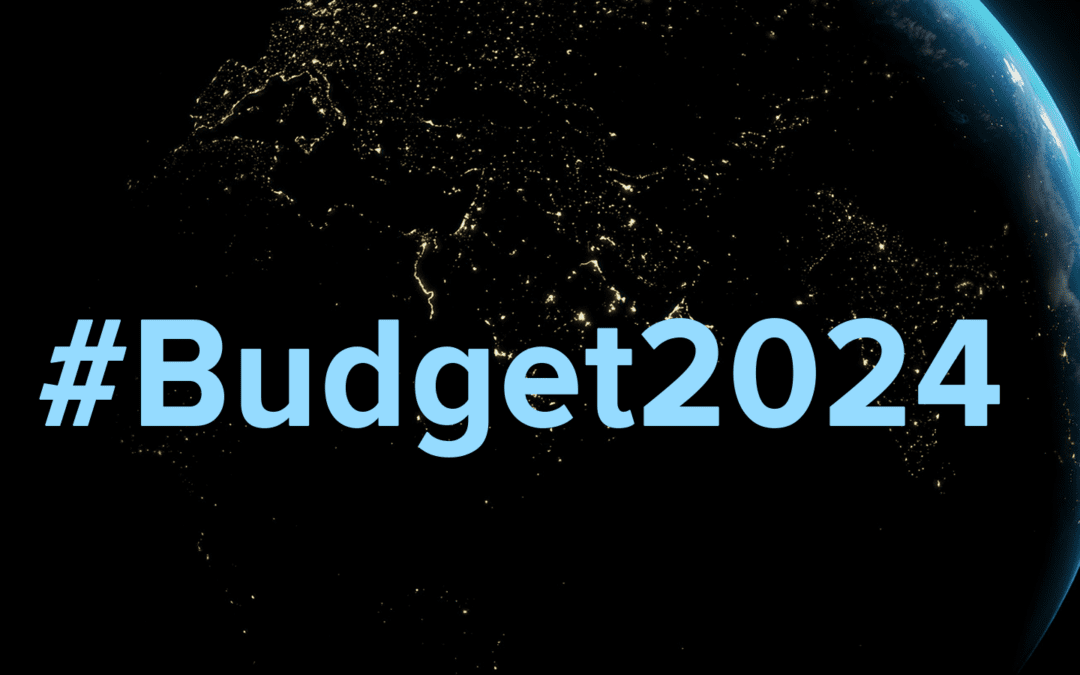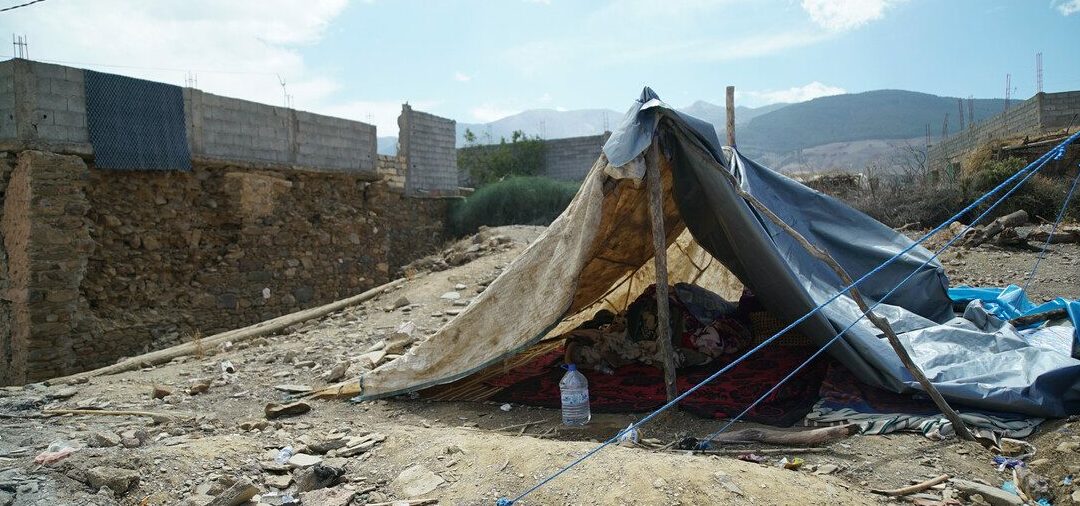My name is Sanjida. I’m 18 years old and I live in the Rangpur district in Bangladesh.
My village is considered a girl’s village because the number of boys is much less. Here, women outnumber men. It is noticeable that women are involved in the same work as men. In farming, there are women. In cooking, there are also women. There is no limitation on the types of work women undertake in our village.
However, our village faces significant challenges, particularly concerning education and child marriage.
Some girls want to study, pursue higher education, become doctors, teachers, lawyers, and more. But many of these dreams remain unfulfilled. Some girls get married without completing their secondary education. Society puts pressure by saying “You are of marriageable age now, you should get married” and “You are not a boy, you are a girl. You should remain in your in-law’s house.”


Sanjida self-portrait. Sanjida/CARE
Many girls are not viewed the same way as boys in a family. When a girl says she wants something she will be stopped and yelled at, told to “Get lost!” then she goes and sits in a corner of the home. This is how she grows up, being shouted at and the target of anger and feeling like a burden to the family from childhood. So this is the reason why usually girls don’t speak up and share their own opinions, needs and desires.
Child marriage is a hidden issue in our area. While it may not be openly visible, it continues to persist secretly in our village, and the problem is growing. I’ve personally observed girls who are married off at a young age often face health issues and struggle to take care of themselves. Babies born to these young mothers are at risk and many infants do not survive. Some girls even resort to suicide due to the hardships they endure, both within their marital homes and because of abuse.
In our village, there is a serious need for gender equality and the implementation of policies that ensure equal treatment for both women and men. I want to create a village where both men and women work together equally, where women aren’t neglected and men are superior. Also, girls in my village do not have a place to express their opinion for themselves. If such a place was created, they would know what they want to say, what rights they have…and develop a stronger sense of self.


Children in Sanjida’s community. Sanjida/CARE
In early 2019, I joined [CARE’s] Tipping Point project. Through various sessions and activities, I learned more about myself and what I want. Apart from attending sessions, I also participated in activities that brought parents and teenagers together. These activities included speeches, sports events, program organization and even acting in plays. They provided me with opportunities for personal growth and development.
We led this initiative from start to finish. We went and gathered the local leaders and prominent people in the village. From start to finish, it was us who were in charge. We planned how to present ourselves through theatre, what to do and what not to do, and we have implemented everything according to our plan. And through this, we have tried to convey to everyone that we also have the power and ability to do all kinds of work. We have highlighted the fact that we are more than capable of doing it ourselves.


Sanjida/CARE
Empowerment to me means the freedom to pursue my dreams, make choices and assert my rights. When girls are not aware of their empowerment, they become vulnerable to coercion, mistreatment, and bad things can happen. However, when girls feel empowered and can voice their opinions, they gain the ability to lead independent lives and do what they want. This empowerment makes them ideal citizens. Girls should have a voice, not only for themselves but also to challenge societal norms. When girls speak up, they not only gain independence but also contribute to building a more equitable society.
In our village, we’ve seen things changing. Initially when girls cycled to school, it drew negative reactions, people would say “Eeeh! A girl cycling!” However, we used theatre and sessions to showcase how cycling empowers girls, which led to a shift in perception. Nowadays, whether we wear a burka, hijab or regular clothing, it is regarded as a personal choice. While a few individuals may still hold negative views, the majority in our village have become more conscious and respectful of women’s opinions. Fathers are now assisting their daughters with cooking. What used to be an embarrassment before changed completely. This means that a lot of things have changed.




